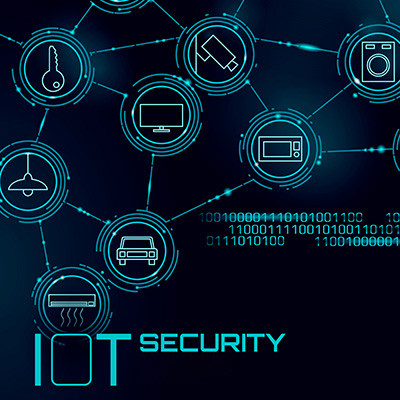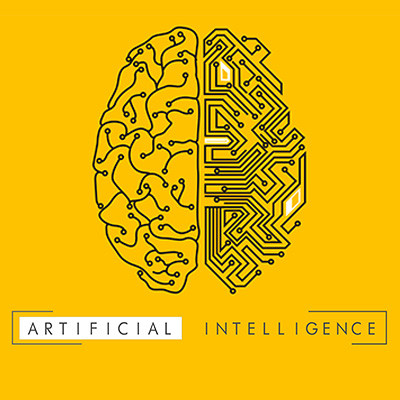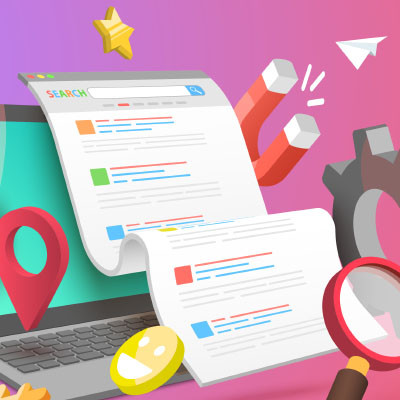While AI is far from perfect, I always love discovering ways that it can help do something mundane and speed up a workflow here or there. I’m no expert in Photoshop either, so if I need to edit something, I usually depend on someone with a little more experience, but this was a really neat trick I was able to do in just a few minutes!
EZ MSP Blog
Businesses need a certain degree of good fortune to continue to grow in the manner in which they project when they hang out their shingle. With so many businesses failing after a very short time, taking advantage of the opportunities you’re given is extremely important. In this month’s newsletter, we’ll go through some of the things that a business can do to take better advantage of some opportunities.
Professional services make up a significant portion of the business landscape. They can be broadly defined as any organization with trained professionals at the center offering a service of note. The most common professionals under this umbrella term are lawyers, agents, consultants, and others who help businesses in their day-to-day operations. Let’s explore some of the technology that fuels professional service providers.
Technology is an essential component for most businesses. Strategic integration of technology has been proven to address significant operational challenges that often elude smaller businesses and startups. In this context, we'll explore three critical questions about business technology that every tech-savvy individual should be acquainted with and make clear the importance of such knowledge.
Any business can benefit from data and use it to improve its operations. This is especially the case where information technology is involved. By collecting the right metrics, you can better evaluate your business IT’s performance and identify areas for improvement.
Let’s review what some of these metrics should be.
With the blockchain growing more popular as a technology, we thought it would be good to discuss how it works and why you should be aware of it. The zeitgeist often portrays it as a nefarious tool used by cryptocurrency and scams, but at its core, it is far from this; in fact, the applications of such a decentralized and transparent technology make it ideal for certain tasks. Let’s explore them.
Technology is becoming a standard tool used by nearly every organization. Learning how to adjust and do things better allows any organization to maximize productivity. In doing so, it creates the environment needed to become a more successful business. But, can innovation actually be a productivity killer? This month, we look at how innovating may not always be the best way to get your business to go where you want it to go.
Love them or hate them, self-service checkout registers in brick-and-mortar stores are here to stay… especially considering that research has demonstrated that Gen Z has about twice the level of buy-in to the automated point-of-sale terminals as Gen X does, and that self-checkout is the predominant form of payment today. With this success, many have wondered how welcome biometric payment processing might be.
As it turns out, it would seem it isn’t.
While artificial intelligence is frequently hyped up to the point that it seems to be plucked from the realm of science fiction, its true applications are actually much more mundane. That being said, these applications are often the ones that show the most promise in terms of the value they have to offer society.
For instance, let’s consider the work that Google is doing through something called Project Green Light.
The IoT, or Internet of Things, is everywhere. There’s a relatively good chance that a device that would be part of the IoT is within your reach right now, perhaps even on your person. Businesses of all kinds use the IoT for various purposes as well, but behind this usage lies significant risk from cyberthreats, and a shocking number of businesses seem to accept this risk without much concern… as in, the vast majority of surveyed businesses utilizing the IoT demonstrated a lack of protection, but seemed not to be bothered by it.
Over the past several years, it has come to the attention of people in various industries that there is going to be a time, very soon, where the data that needs to be stored is going to outweigh our ability to store it. Microsoft, in a collaboration with the University of Southampton in England has taken aim at this very problem and has come up with some innovative solutions.
Foldable phones undeniably saw a very slow start when they were introduced a few years ago, high prices and horror stories about their fragility scaring away all but the earliest of early adopters. However, thanks to an enthusiastic fanbase, the concept has persisted and has become a legitimate option amongst flagship devices.
Let’s consider some of the predictions that have been made surrounding the future of the foldable smartphone market, and why business users might be drawn to the flexible form factor.
It isn’t unusual for modern businesses to turn more and more often to “green” technologies, partially due to the reduced environmental impacts that come with their use, and partially due to the operational advantages that many of these technologies also bring. Let’s discuss some of the options that even smaller businesses can embrace that bring these kinds of mutual benefits.
It seems that you can’t turn your head nowadays without seeing artificial intelligence being incorporated into some software or platform. However, many leaders in the technology space have expressed their concerns about—as they put it—the “profound risks to society and humanity” that AI poses, outlined in an open letter.
The thing about technology is that, regardless of how miraculous or otherworldly it may seem upon its introduction, it can quickly become so very familiar to us. Hard as it may seem to believe, someday (maybe even soon), things like ChatGPT and other bleeding-edge technologies will seem typical, perhaps even humdrum.
The blockchain has been a hot topic in the past few years, if only tangentially. With all the buzz around cryptocurrencies, it can be easy to forget about the underlying technology that powers it and its other applications. Let’s pivot to these other applications for a moment and discuss how the blockchain could potentially be involved with security needs at some point in the future.
AI has been a hot topic in recent months and years, which only makes sense. Not only has it been used in more public applications, but it has also caused a bit of controversy as it seems to “compete” with people. Back in September, art made by using an artificially intelligent platform caused a stir by winning an art competition, and workplace fears of a computer taking one’s job have seemingly become more well-founded than ever.
Countless jokes have been made in the IT world about the perfect place to hide something being page two of Google—just hang out with some IT professionals, and there’s a good chance you’ll hear it. Unfortunately, Google is making a change to its search results that will make this joke completely irrelevant.
Have you ever heard of the Uncanny Valley? It’s the theory that explains why the human race tends to prefer humanoid robots, but only up to a point, after which we find them unsettling. It’s one reason why so many people found the 2019 film Cats bothersome to watch. The Uncanny Valley has also been present in film in recent years, especially when actors who have passed are recreated digitally to make an appearance, or when talent needs to look older or younger than they are.




















